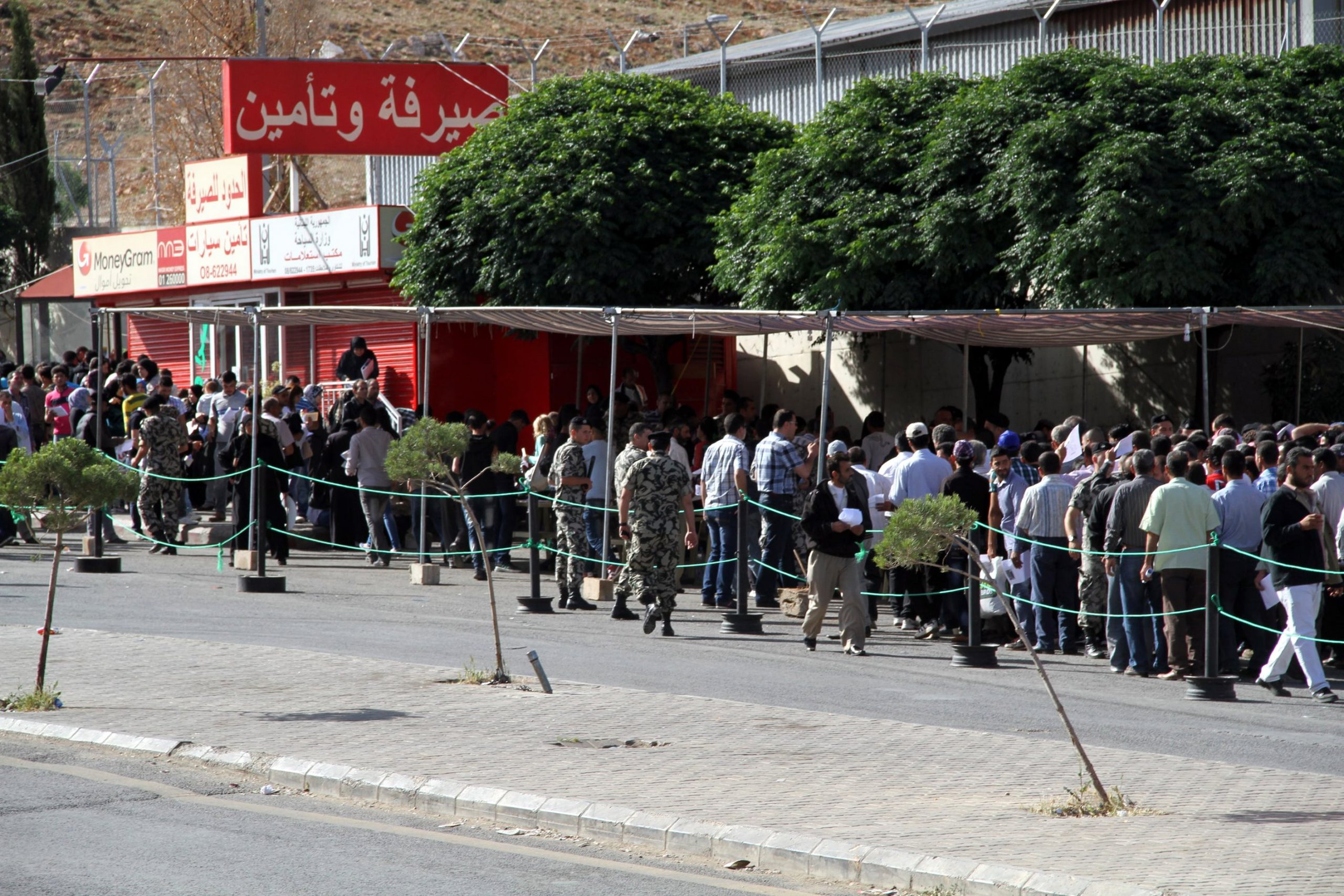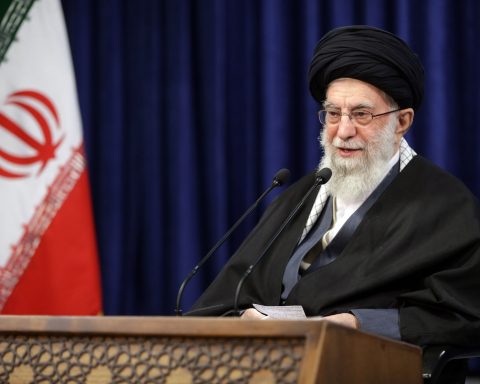On Monday, protestors jammed a highway linking Lebanon and Syria with burned tires and metal bars, demonstrating a verdict intended at curbing oil smuggling into Syria.
Gasoline smugglers choked the Masnaa passage after security forces moved to prevent them from driving through the legitimate crossing.
Amid worsening living conditions in Lebanon, some are filling up their cars with goods and fuel and traveling into Syria through the Masnaa crossing to sell them on the other side at double the price.
“The process involves paying bribes to pass into Syrian territory, so when the Lebanese side decided to prevent smuggling, the smugglers protested,” a security source said.
Customs authorities in Lebanon’s eastern Bekaa region proclaimed that they will firmly implement permit requirements for vehicles going into Syria to curb fuel smuggling.
Protesters on the international highway insisted the procedure be applied to everyone crossing into Syria or be fought. The Lebanese are still lining up for hours at gas stations to get government-sponsored gasoline, with a 20-liter canister of gasoline being sold for 44,000 Lebanese pounds. While on the black market, the price is between 70,000 to 100,000 Lebanese pounds.
The Minister of Energy in the caretaker government, Raymond Ghajar, said a few days ago: “The real price of a canister is about 200,000 Lebanese pounds, while the Lebanese now pay about 40,000 Lebanese pounds.”
Since August 2019, Lebanon has been dealing with a socio-economic and political crisis that has ravaged the country into turmoil. The Lebanese currency has also suffered, creating the biggest financial crisis in the country’s history, aggravated by the Beirut Port explosion and the repercussions of the COVID-19 pandemic.














